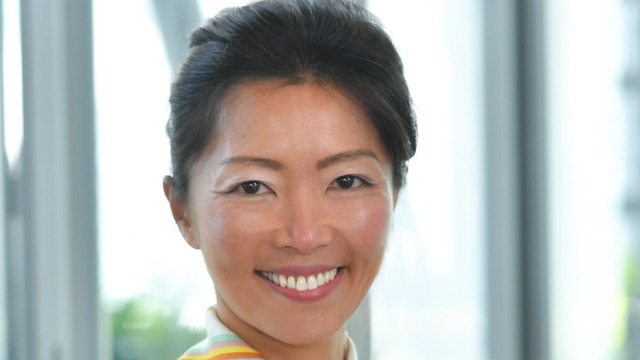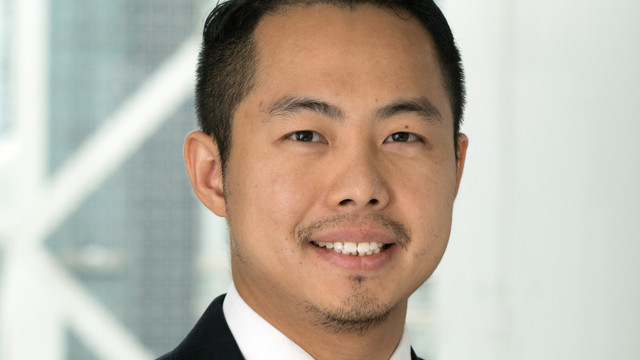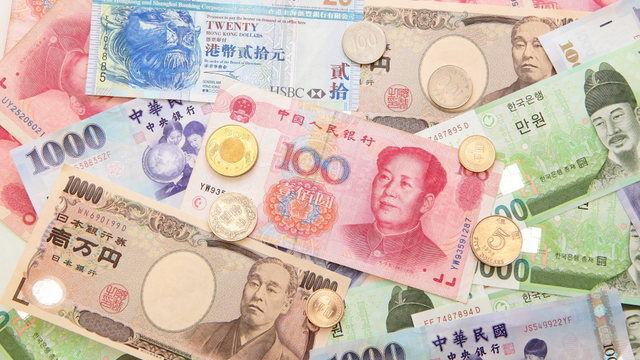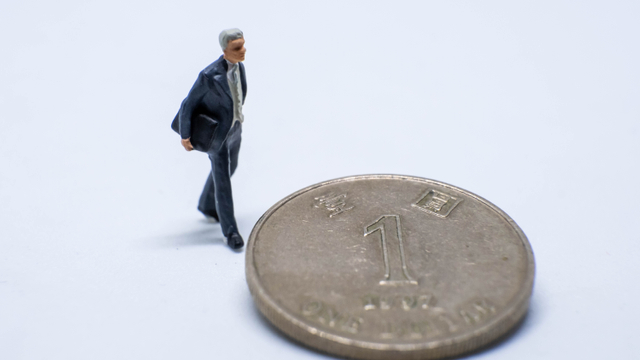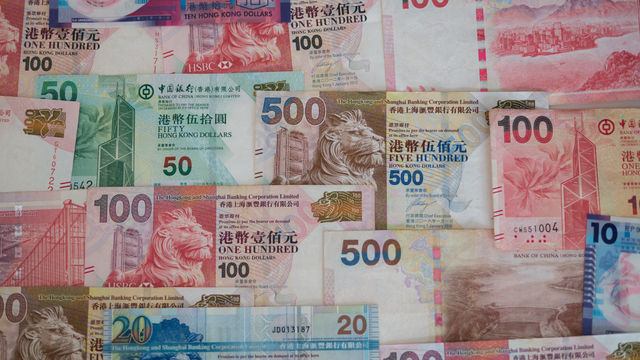In partnership with HSBC Asset Management
Private credit’s success story still has a long road to run, and energy transition infrastructure in Asia offers a compelling alternative entry point. Investors are seeking assets backed by the type of robust research and large – or even proprietary – deal flow, typically the type of offerings that HSBC Asset Management is able to bring.





